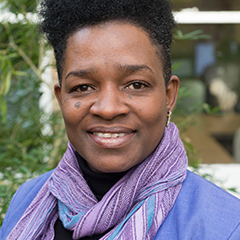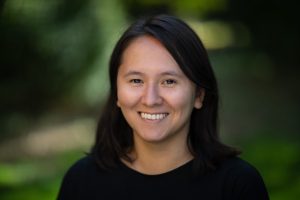David Mills is an Associate Professor and Director of the Centre for Global Higher Education (CGHE).
His current research focuses on the political economy of the global science system, and its impact on institutional research and publishing cultures in African universities. His most recent book is ‘Who Counts: Ghanaian Academic Publishing and Global Science’, co-written with colleagues from the University of Ghana and Oxford, and available open access from African Minds: https://www.africanminds.co.za/who-counts/
Trained in Anthropology, and with inter-disciplinary research interests, David uses ethnographic methods to study the inequalities created by global higher education. He is particularly interested in African university research cultures and the role of diamond Open Access scholarly journals within knowledge ecosystems.
He welcomes enquiries from potential doctoral students interested in studying African Higher Education, as well as research and publishing cultures.



















